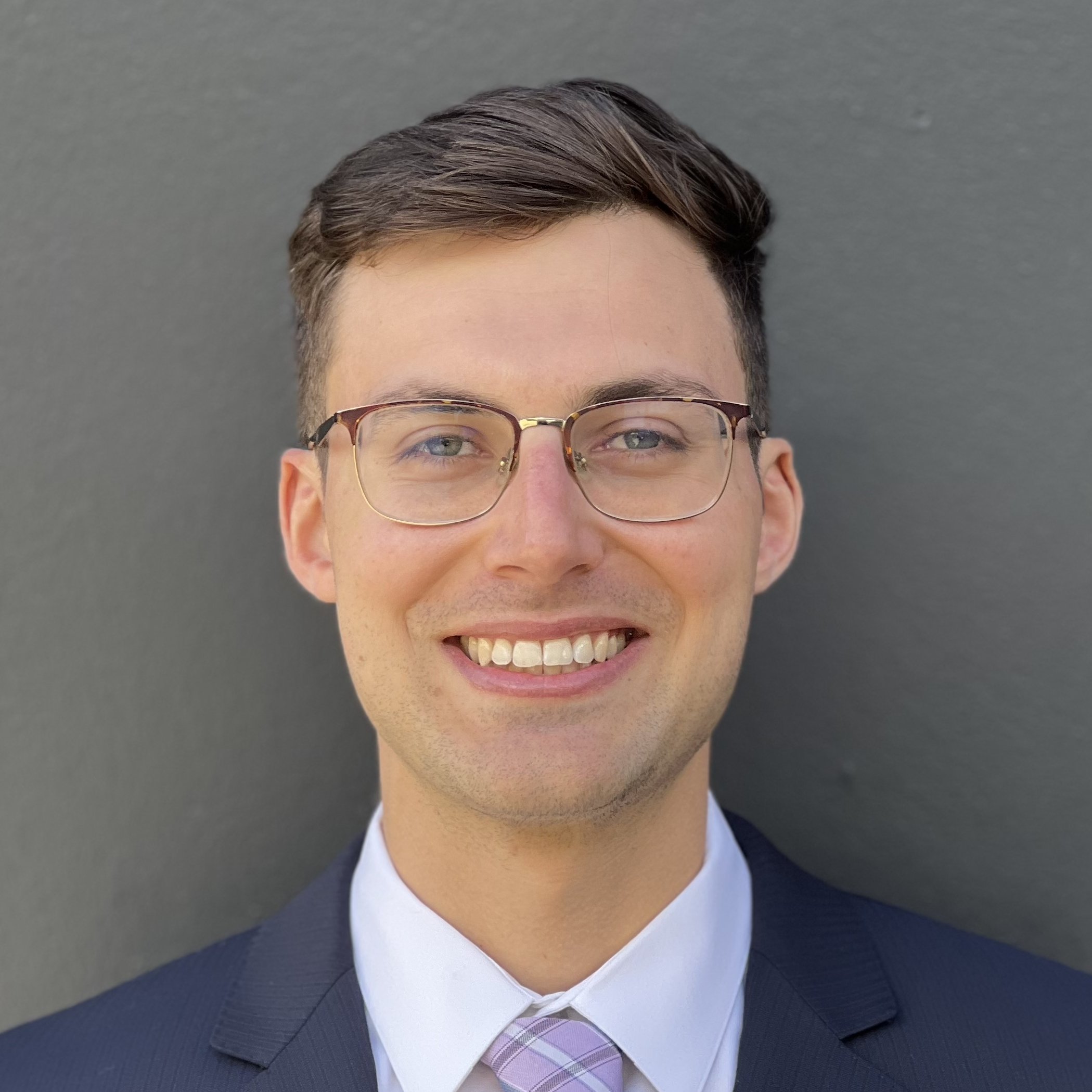Teva Brender is a second-year internal medicine resident at the University of California, San Francisco. He graduated from Oregon Health & Science University School of Medicine in 2022.
“Fiction reveals truth that reality obscures.”
Ralph Waldo Emerson
Great books can guide us in every day life, and I found it fitting that Dean Schillinger, MD and I both invoke works of literature to describe the experience of realigning our values with those of our patients. In his essay, “The Quixotic Pursuit of Quality,” (Spring 2015 Intima) Dr. Schillinger compares himself and his patient, Mr. Q, to Quixote and Sancho Panzo from Miguel de Cervantes Saavedra’s Don Quixote. With only misplaced medication lists, no-show appointments, and a stubbornly elevated hemoglobin A1c to show for his repeated efforts to help Mr. Q better manage his many comorbidities, Dr. Schillinger’s frustration melts away when Mr. Q unexpectedly gives him a massage. From then on, “the duel was over.” There would be no more tilting at windmills.
In my essay “Please Don’t Do Anything Else,” I allude to Sisyphus from Greek mythology who is condemned to push a boulder up a hill only to see it inevitably fall back down. I juxtapose Sisyphus’ eternal burden with the sadness and frustration that I feel when caring for patients like Mr. Jones, for whom social, political and economic forces conspire to thwart our best efforts at treating their chronic illnesses.
Other parallels abound. Mr. Q’s poorly controlled diabetes places him at risk of developing diabetic retinopathy while Mr. Jones’ cataracts have rendered him almost completely blind. Yet Mr. Q’s insightful rejoinder that “The w-world....m-m-may be....a more b-b-beau-ti-ful p-p-place.....for those who c-c-c-c-cannot see” mirrors the “long sordid history” of systemic injustices that I see “in Mr. Jones’ cloudy eyes.” In both cases, blindness elucidates. In a larger sense, we both reflect on how our modern healthcare system, with its quality improvement initiatives and evidenced-based medicine paradigms, prevent us as clinicians from seeing the whole patient. And, coincidentally, we happen to practice at the same public hospital, though our experiences are surely universal.
But of course Mr. Q’s “mischievous smile” stands in sharp contrast to Mr. Jones, who reminds me of a terrified caged animal. More fundamentally, as clinicians and narrators we have wholly different vantage points. Dr. Schillinger is, if not literally then figuratively, the Dr. Williams from my story, a veteran and trusted primary care physician.
In those, dare I say, sacred relationships—the bonds between Dr. Schillinger and Mr. Q, Dr. Williams and Mr. Jones—we see the wisdom in stepping back, relinquishing control, doing less in order to do more.
Teva Brender is a second-year internal medicine resident at the University of California, San Francisco. He graduated from Oregon Health & Science University School of Medicine in 2022. His clinical interests are in hospital, pulmonology and critical care medicine. His other interests include physician advocacy, moral distress and narrative medicine. His writing has appeared in The Oregonian, Academic Medicine, The Journal of General Internal Medicine and JAMA Internal Medicine. Outside of the hospital, he enjoys cooking, rock climbing and spending time with his wife and their miniature dachshund Winston.

